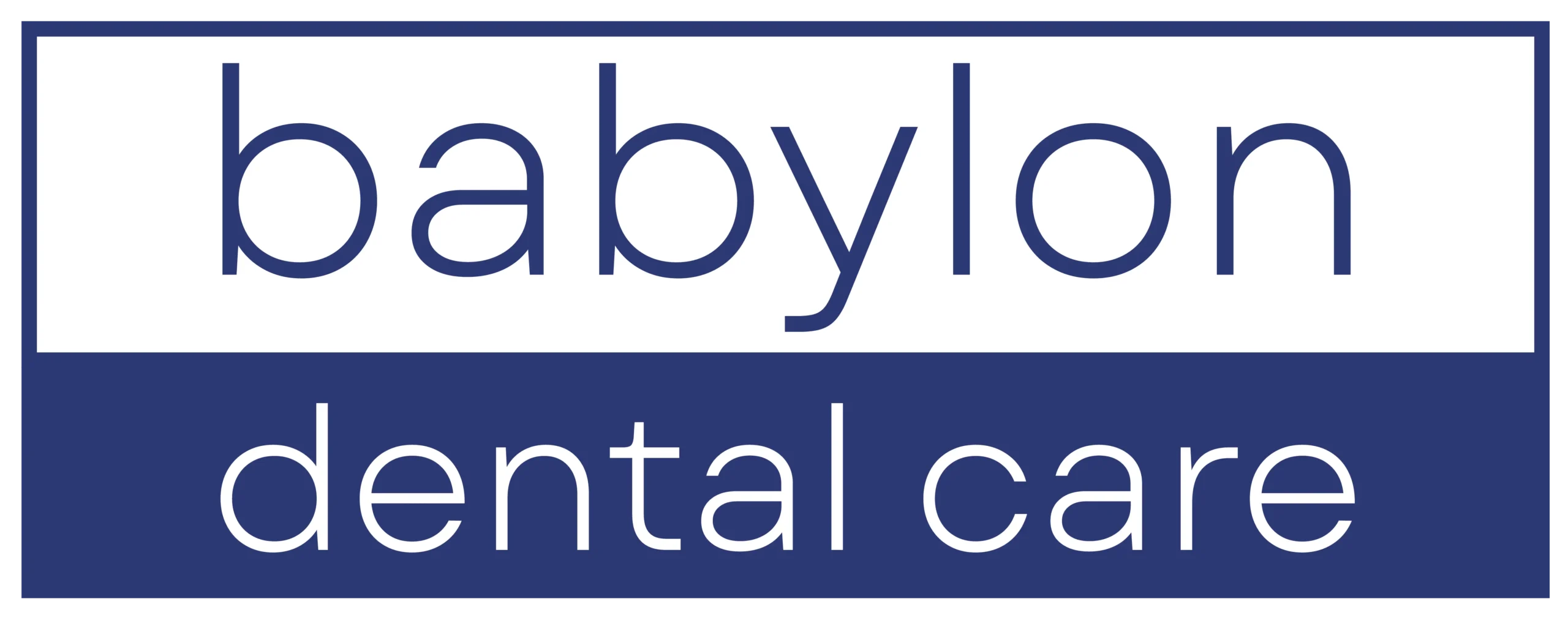When you think about heart disease prevention, brushing and flossing aren’t usually the first habits that come to mind. However, dental health is linked to your overall well-being, and growing research shows a strong connection to cardiovascular health. Flossing may play a bigger role in reducing your risk of heart disease than researchers previously suspected.
Here’s how caring for your teeth and gums might protect more than just your oral health.
The Surprising Connection Between Flossing and Heart Disease
Gum disease, also called periodontal disease, begins with gingivitis—red, swollen gums that may bleed when you brush or floss. If left untreated, gingivitis can progress to periodontitis, a more serious infection that damages the tissues and bone supporting your teeth.
Oral bacteria from infected gums can enter the bloodstream. Once there, it can trigger inflammation throughout the body, including in your arteries. The immune system responds to this ongoing threat, which may damage blood vessels over time. Flossing reduces inflammation in the gums, lowering the overall inflammatory burden on your body. In turn, your heart health will improve.
In fact, studies show that people with severe gum disease are more likely to suffer from cardiovascular events. People who floss regularly can lower their risk of stroke.
How Flossing May Help Prevent Heart Disease
Good oral hygiene is a smart way to support your cardiovascular system. Flossing, in particular, helps target the areas your toothbrush can’t reach.
Flossing removes plaque and food particles from between the teeth and along the gumline. This prevents plaque buildup, which is the starting point for both cavities and gum disease. Regular flossing:
- Reduces gum bleeding and inflammation
- Lowers harmful oral bacteria levels
- Protects against gum recession and tooth loss
- Supports a healthier immune response
When you reduce plaque and inflammation in the mouth, you also lower the risk of bacteria entering your bloodstream. Plaque is a sticky film of bacteria that forms on your teeth every day. If not removed, it hardens into tartar and leads to gum disease. Once gum tissues become infected, bacteria can enter your blood and may contribute to arterial plaque formation. In turn, plaque formation leads to restricted blood flow or blockages. Flossing helps break the cycle before it even starts.
How to Floss Effectively
Flossing is an easy way to protect your oral and overall health—but only if you do it correctly.
First, use about 18–24 inches of dental floss. The type of floss doesn’t matter as much as consistency. If you have braces or tight contacts, floss picks or interdental brushes may work better.
Wind most of the floss around the middle fingers of each hand, leaving about an inch or two between them. Use your thumbs and index fingers to guide the floss. Slide the floss gently between your teeth using a back-and-forth motion. Never snap it down—this can hurt your gums.
Next, curve the floss into a C-shape against the side of one tooth. Gently slide it up and down, going slightly under the gumline. Repeat on the adjacent tooth before moving to the next gap.
As you move from tooth to tooth, wind the used floss onto one finger and unwind a fresh section from the other. This helps avoid spreading bacteria. Don’t forget to floss behind your last molars on both the upper and lower jaw. These areas are common places for plaque buildup and gum issues.
If you’re not sure if you’re flossing correctly, ask your Babylon Dental Care dental hygienist for a quick demonstration at your next appointment. We’ll be happy to help you get it right.
Supporting Your Overall Health Through Better Oral Care
Here’s the good news: You don’t need to overhaul your life for better oral hygiene. Just a few daily habits can make a difference:
- Brush twice daily with fluoride toothpaste for at least two minutes
- Floss at least once daily to remove plaque and food between teeth
- Rinse with an antiseptic mouthwash (if recommended by your dentist)
- Schedule regular dental cleanings and exams at Babylon Dental Care to catch early signs of gum disease and prevent them.
- Eat a balanced diet low in added sugars to support oral and heart health.
Schedule Your Next Dental Visit Today
Taking care of your teeth and gums doesn’t just help you avoid cavities and bad breath—it may also help you prevent heart disease. Our team at Babylon Dental Care can help support your total overall well-being through good oral care. Contact us online or reach us at (631) 983-6665 to schedule a check-up.
Related Posts:
Flossing Your Teeth May Protect Against Cognitive Decline
The Connection between Oral Health and Your Overall Wellness


